[Start transcript]
Interviewer: Lovely to meet you.
Yuwen: Lovely to meet you.
Niamh: Nice to meet you as well.
Interviewer: Thanks for coming in.
Niamh: I’m pleased to be here.
Yuwen: Thank you for having me.
Yuwen: My name is Yuwen.
Niamh: My name is Niamh.
Yuwen: I’m studying for a Bachelor of Business at RMIT.
Niamh: and I’m studying a Bachelor of Fashion (Design) at RMIT Brunswick.
Anita: So my name is Anita Zagame and I’m a careers consultant at RMIT. My job is to support students and grads with career planning, finding a part-time casual job and also finding a professional job.
Niamh: When I first started at RMIT, some of the my thoughts and worries about starting my career were definitely how to get into a more professional space and especially how to frame the limited experience that I had in a professional way.
Yuwen: I thought in complementary to my study, I needed to explore career resources on campus. My first contact was to have someone look through my first resume and just to have some insights on how to move forward, on how I can present myself professionally.
Anita: We also provide support with students who might have an interview coming up. So, we’ll do a mock-interview with the student. We’ll look at the job ad and the selection criteria, we’ll predict questions and in addition to that, we have career workshops as well, on all careers-related topics.
Niamh: Some of the tips that stuck with me would probably be to be unique and to avoid generic statements. That was a big take away for me. It’s not enough to just say that I’m looking to grow my skills and experience in this area. They really wanted what is unique about you.
Yuwen: I’m using all the skills and knowledges and mindsets I learned and what professions are most demanded in the job market and what skills I should equip myself with and hopefully land an internship.
Anita: So the ways that students can book a careers consultation is they can either log into our careers centre online and book an appointment that way through our platform and all students have access to that platform, but also our grads up to a year after they graduate or they can drop in and our assistants will help with booking that appointment. The appointments can be face-to-face or online.
Yuwen: At the moment, I do plan to eventually return to China, but I think the skills, mindset and confidence I developed can be applied to any field and anywhere I go at any stage of my life.
Niamh: Because I’ve been focusing locally on gaining Australian experience, going to university for fashion in Australia. The next 10 years for me looks a lot like travelling and a lot of global experience. But I certainly feel like I’ve been given the tools that will enable me to be more confident on that journey, especially after I graduate.
[End transcript]






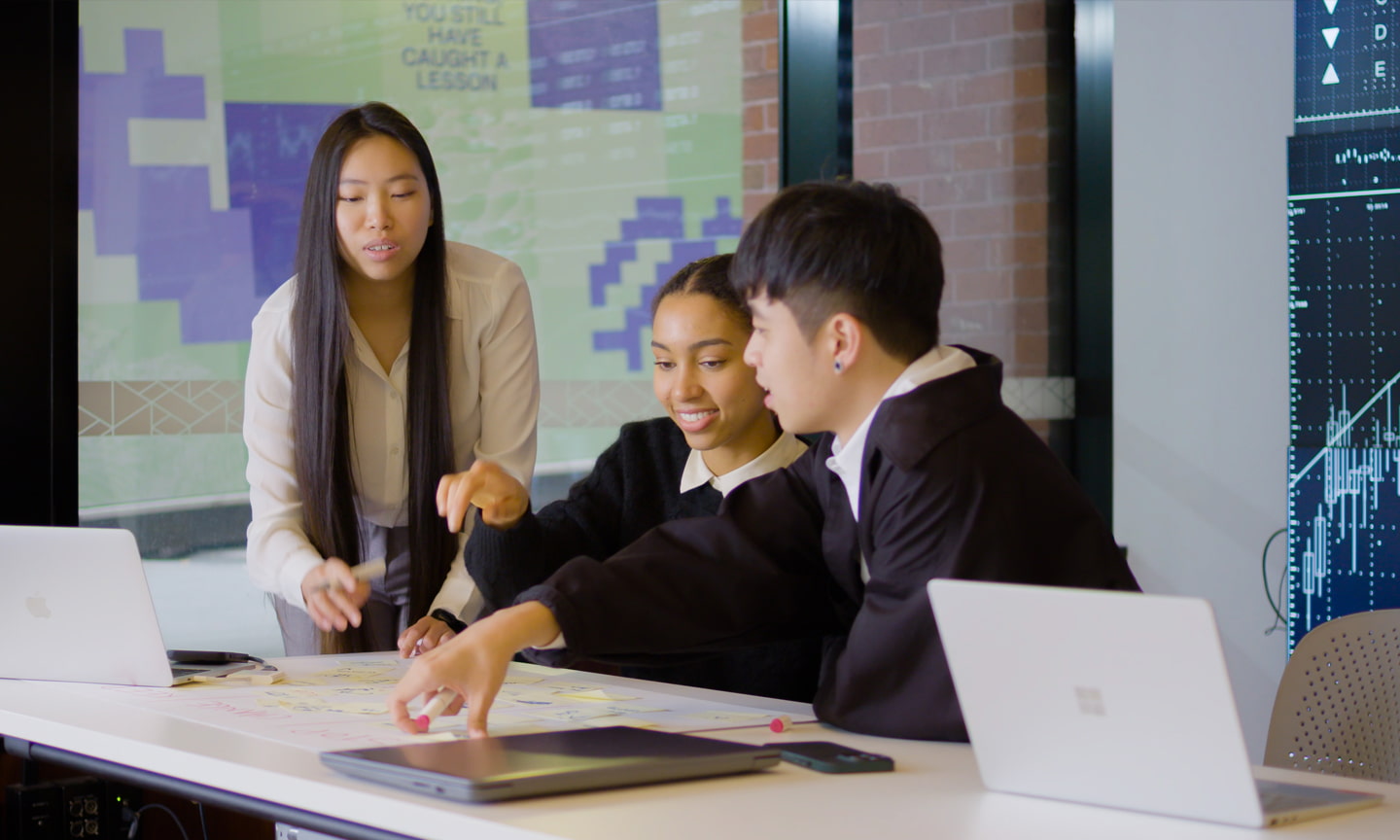


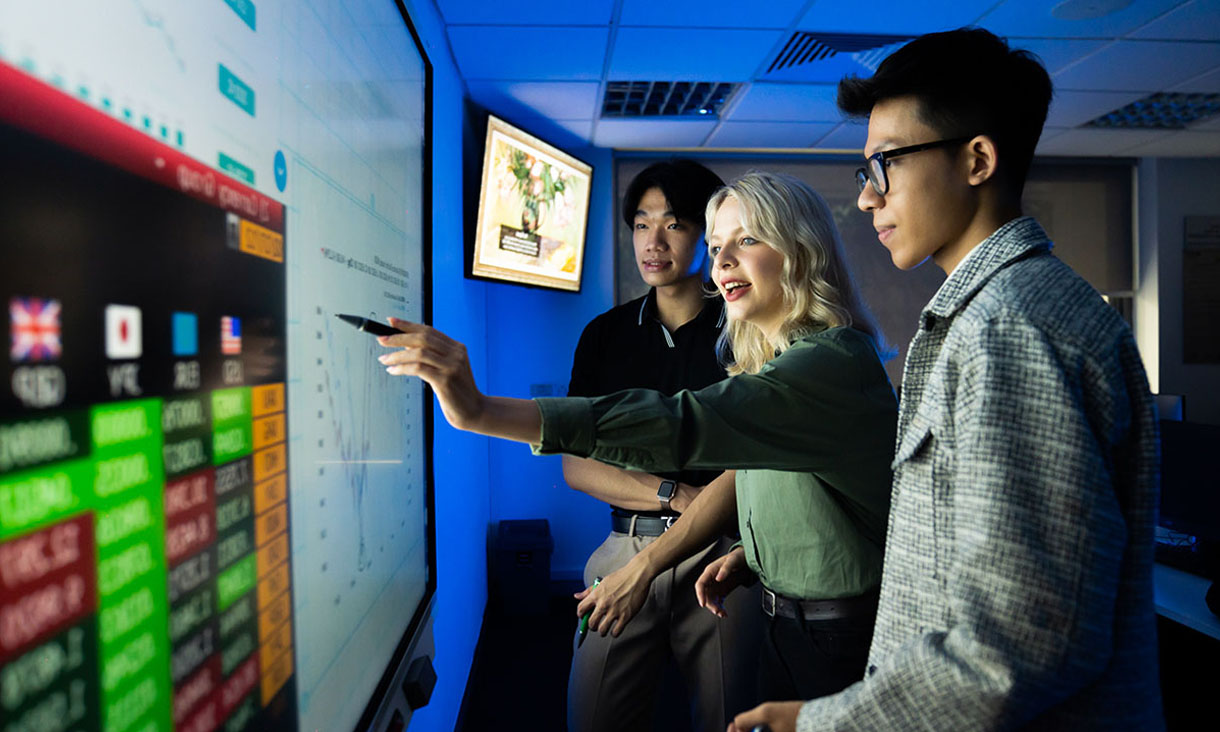


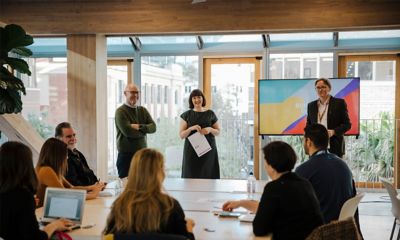
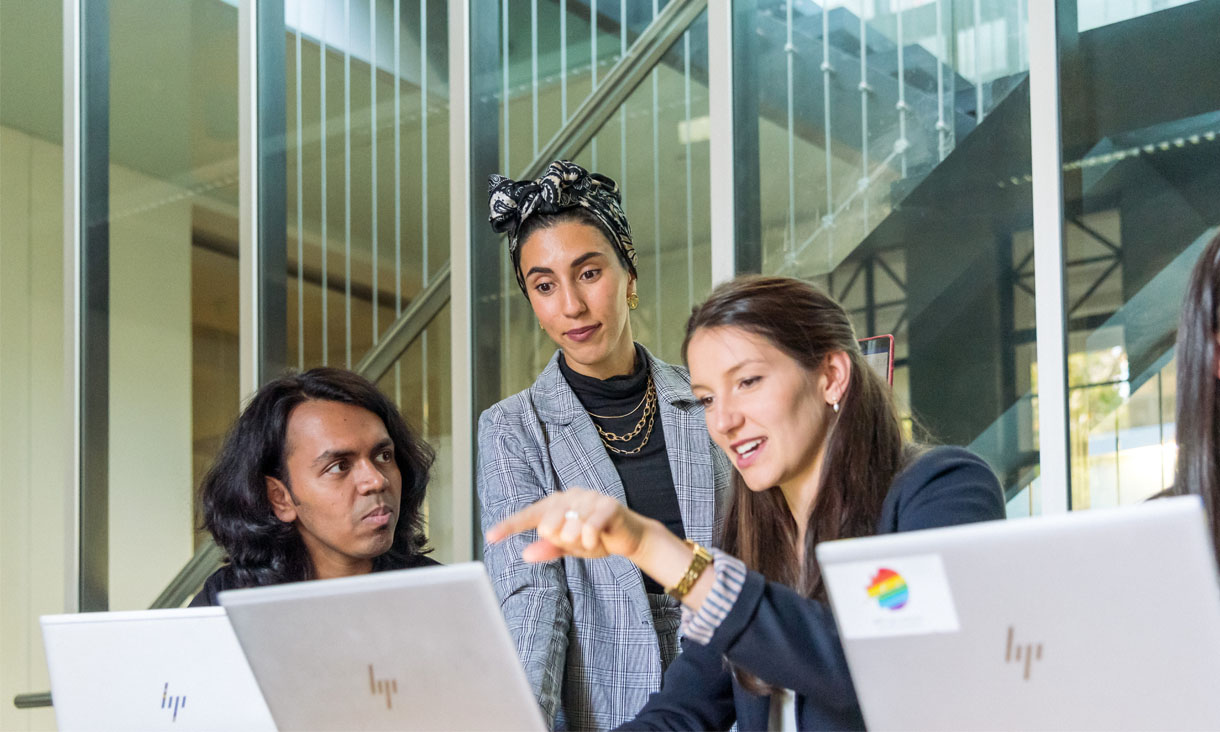
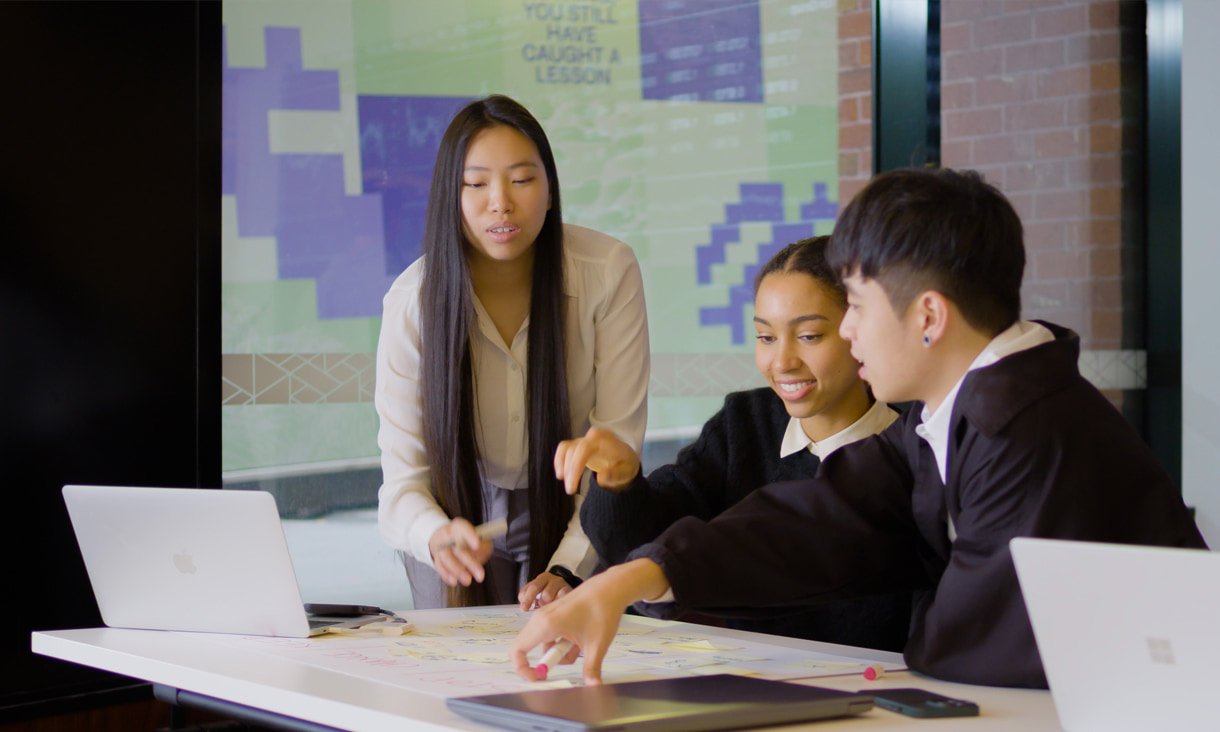
.jpg)






